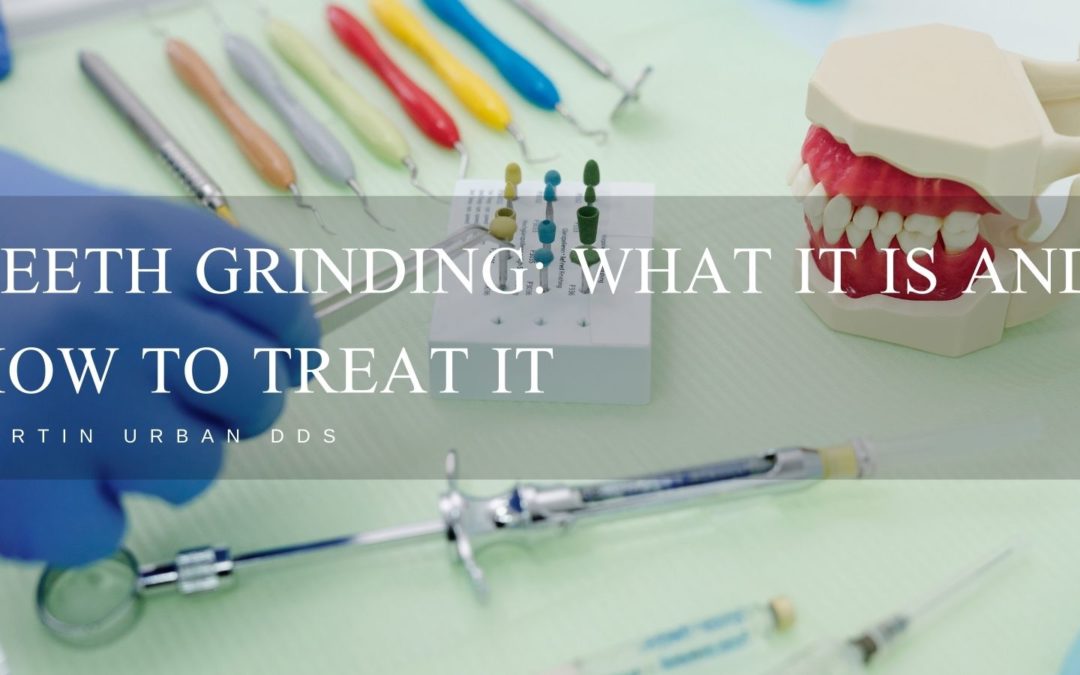Understand Why Tooth Grinding Happens
During times of stress, the body releases special hormones that are associated with the fight-or-flight reaction. While these hormones are beneficial when someone needs to flee from danger, they do nothing but build up when there isn’t a way to release them. The body responds to increased stress hormones by contracting muscles as a way to release excess energy. The same tension that a person feels in their back and shoulders can also show up in the jaw. Clenching and grinding are two symptoms that signify that someone is dealing with too much stress.
Watch Out for Grinding-Related Tooth Damage
Unfortunately, some people don’t realize that they are grinding their teeth until they crack a molar. However, it is possible to notice the signs when a person knows what to expect. Since teeth grinding tends to occur more at night, people might wake up with a sore jaw or bite marks on the inside of their cheek. Dentists can also spot the signs of worn-down tooth enamel on the surfaces of the teeth. Headaches, teeth sensitivity, and clicking noises coming from the jaw are a few more signs to watch out for.
Know-How to Treat Tooth Grinding
Taking action at the first sign of teeth grinding can minimize the damage. For new or mild cases, a person might need to practice relaxation techniques that reduce stress. Others might need to wear a nightguard as they sleep to add cushion between the teeth to stop breakage. In severe cases, a dentist may prescribe special medications to relax the jaws further and stop grinding behaviors.
A cracked tooth doesn’t have to be yet another side effect of living through a pandemic. By paying attention to this growing problem, dentists and their patients can implement strategies right away that reduce the chances of dental damage.

